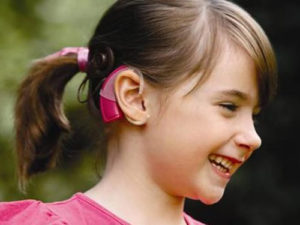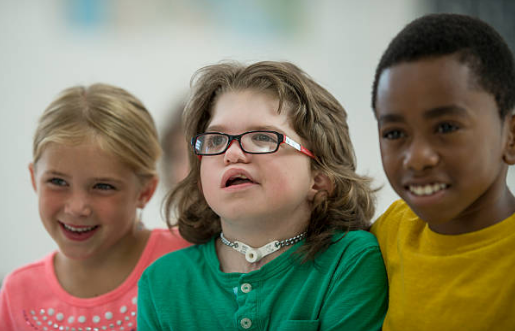This newsletter was sent June 20, 2017. If you’d like to receive our next bi-weekly digest full of a curated collection of resources, workshops, policy highlights, and action items that affect children and youth with special health care needs, please sign up here.

The Senate may vote on the proposed health care bill (the Better Care Reconciliation Act) before their scheduled recess the beginning of July. Continued advocacy over the duration of the month is critical to ensure the legislation to repeal and replace the Affordable Care Act does not pass. The bill would completely restructure California’s Medi-Cal program by imposing cuts and caps, threatening care for children with special health care needs.
While we know California’s Senators will be voting against the the bill, it’s still important to let them know you strongly support this decision.
If you have friends or family living in the following key states, consider asking them to contact their own Senators (information on how to do so here): Alabama, Alaska, Arizona, Colorado, Georgia, Indiana, Louisiana, Maine, Missouri, Montana, Nebraska, Nevada, Ohio, Pennsylvania, West Virginia, and Wisconsin.
For email templates, phone scripts, social media tools, and other resources to tell Senators why Medi-Cal/Medicaid is essential, click here.
Related
Disability Advocates Fear Impact Of Medicaid Cuts In GOP Health Plan
House ACA Repeal Puts Children With Disabilities And Special Health Care Needs At Severe Risk
Americans Across The Political Spectrum Agree: Cutting, Capping And Restructuring Medicaid Is A Bad Idea (survey results)
RESOURCES
Report: Medicaid In Small Towns And Rural America: A Lifeline For Children, Families, And Communities

A new report from the Georgetown University Center For Children And Families found that individuals living in small towns and rural areas would be hit the hardest by Medicaid cuts. In 14 states including California, more than half the children living in rural areas are enrolled in Medicaid. The report authors acknowledge that kids would be “disproportionately harmed” should changes to the program be made. To read the report, click here.
Related
Cuts To Medicaid Devastating For Rural Area Kids
California’s Rural Counties Benefit Most From Government Health Coverage
Republican Proposal To Repeal ACA And Cut Medicaid Would Harm Rural Towns
Note: The Centers For Medicare & Medicaid Services recently released a new Medicaid final rule that addresses specialty care access standards for people living in small towns and rural counties vs. those living in larger counties. If you think your family might be impacted by the implementation of this rule or you’ve ever had challenges accessing Medi-Cal in your rural area, please contact FVCA by responding to this newsletter or calling (415) 282-7494.
National Autism Indicators Report: Developmental Disability Services And Outcomes In Adulthood
A new report from the A.J. Drexel Autism Institute found that, as demonstrated in years past, state-provided disability services often fail to meet the needs of adults with autism. The annual publication surveyed an estimated 111,000 people diagnosed with autism spectrum disorder during their transitions to adulthood. Many reported they had a difficult time achieving employment, continuing their education, living independently, and were overall dissatisfied with their quality of life. Although individuals used an average of six different state service, the report notes that families end up shouldering much of the care. To read the report, click here.
Related: Many Adults With Autism Struggling Even With Services
2017 Kids Count Data Book: State Trends In Child Well-Being

The Annie E. Casey Foundation has released their annual data book which ranks how American children are faring based on four markers: economic well-being, education, health, and family and community. Each of these markers includes four separate indicators, such as ‘children in poverty’ or ‘low birth-weight babies.’ California’s overall rank was 37 (36 last year), with an economic well-being rank of 46, education of 38, health of 9, and family and community of 42. To read the report, click here, and to read a summarizing article, click here.
OPPORTUNITY FOR INPUT
Conference: Bridging Pathways To Quality Health Care For People With Special Needs
The San Gabriel/Pomona Regional Center, in collaboration with the University Center For Excellence In Developmental Disabilities, is hosting a multidisciplinary conference for health care professionals on August 12 in Pomona, CA. The conference is designed to enhance community knowledge about working with and caring for individuals with special health care needs. For more information, click here.
Funding Opportunity: Models For Enhancing Home And Community-Based Services

The Administration For Community Living (ACL) is looking to support models of home and community-based services (HCBS) that increase integration and independence for people with disabilities. The models must address the development of a system that uses community and state-level partners to monitor safety and identify risk factors for neglect and exploitation. They must also demonstrate evidence-based practices and innovative strategies that seek to improve services for people with disabilities. For more information, click here.
Related ACL webinar (June 28): The Home And Community-Based Services Quality Framework Development
Upcoming Advocacy Trainings On AHCA And Children With Special Health Care Needs
The Children’s Hospital Association is partnering with various organizations to present a series of skill-building workshops on the proposed American Health Care Act (AHCA) and how family, caregivers, and providers of children with special health care needs can best engage with members of Congress to tell their stories:
June 27, 10am-12:30pm at Valley Mountain Regional Center in Stockton. Register here.
June 29, 7pm-9pm at North Los Angeles Regional Center in Santa Clarita. Register: losangeles@scdd.ca.gov or call (818) 543-4631
June 30, 10am-12pm at Hesperia Library in Hesperia . Register here.
Related: The Faces Of Medicaid
Survey: Institute On Disability/UCED Seeks Feedback On Improving Range Of Programs
The Institute On Disability at the University Of New Hampshire is looking for consumer feedback regarding the scope of their programs and services. To take their satisfaction survey, click here.
WEBINARS
June 21: Rethinking Young Fathers: Policy And Practice Recommendations For Child Welfare Systems
Hosted by: The Center For The Study Of Social Policy
More information and registration here. Accompanying report here.
June 21: Advocacy 101: How To Influence Policies And Improve Lives
Hosted by: Food Allergy Research & Education
More information and registration here.
June 21: Organizing To Protect Health: How Public Health Can Fight Cuts To Medicaid And SNAP
Hosted by: Public Health Awakened
More information and registration here.
June 22: FY2018 Budget
Hosted by: The National Center For Birth Defects And Developmental Disabilities
More information and registration here (replaces the previously scheduled June 12 webinar).
June 22: Potty Time! A Journey To Successful Toilet Training
Hosted by: Down Syndrome Affiliates In Action
More information and registration here ($25).
June 27: Braiding And Blending Funds To Meet Health-Related Social Needs: Lessons From Louisiana And Virginia
Hosted by: The National Academy For State Health Policy
More information and registration here.
June 27: Intro To Fetal Alcohol Spectrum Disorders: The Medical Assistant’s Role
Hosted by: The National Organization On Fetal Alcohol Syndrome
More information and registration here.
June 27: RARE Patient Impact Grant Q&A
Hosted by: Global Genes
More information and registration here.
June 27: Novel Approaches To Public Health
Hosted by: The Public Health Institute
More information and registration here.
June 28: The Home And Community-Based Services Quality Framework Development
Hosted by: The Administration On Community Living
More information and registration here.
ARTICLES
Medi-Cal Cuts Will Eliminate Or Reduce Access To Necessary Services (and the rest of NHelp’s ‘Protect Medi-Cal blog series, found here)
The Myth Of Disability ‘Sob Stories’
I Lost My Voice, But Help Others Find Theirs
On Being Joe’s Mom: Why Inclusion Is Important to This Mother
As She Operated On Babies’ Birth Defects, A Doctor Hid Her Own Diagnosis
California Schools Respond To Students’ Fears Of Trump Immigration Policies
Isabelle Rapin, Who Advanced Concept Of An Autism Spectrum, Dies At 89
Zika In America: One Mother’s Saga
California Nixes Plan To Offer Full Medicaid Benefits To Undocumented Young Adults
Wisconsin Family Stays Together With Help From Medicaid
At Airports, Making Travel Easier For Autistic Passengers

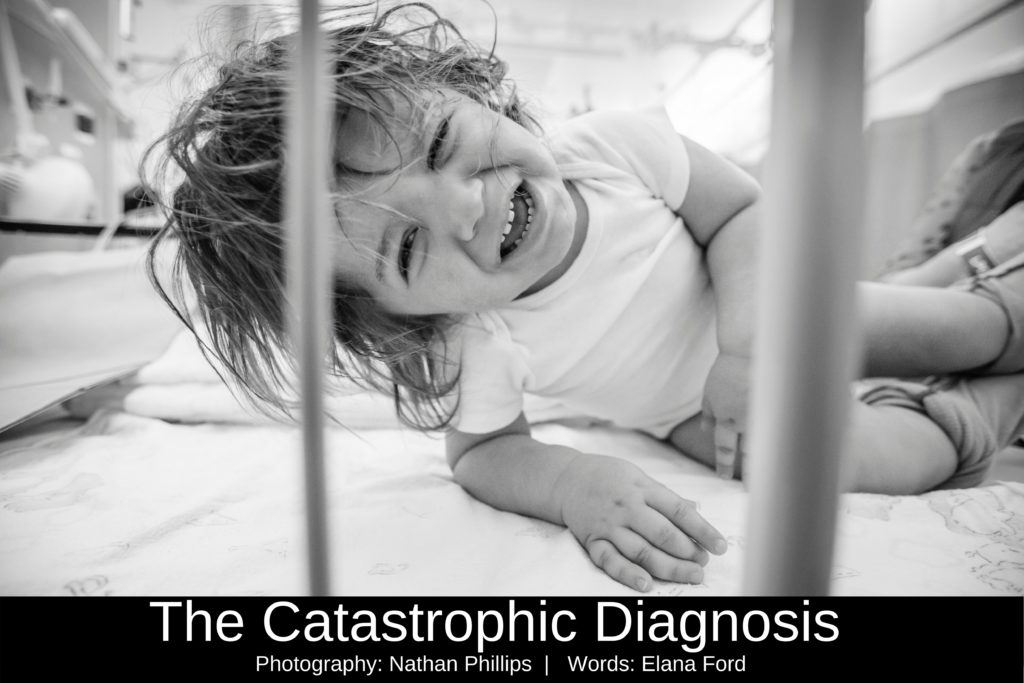

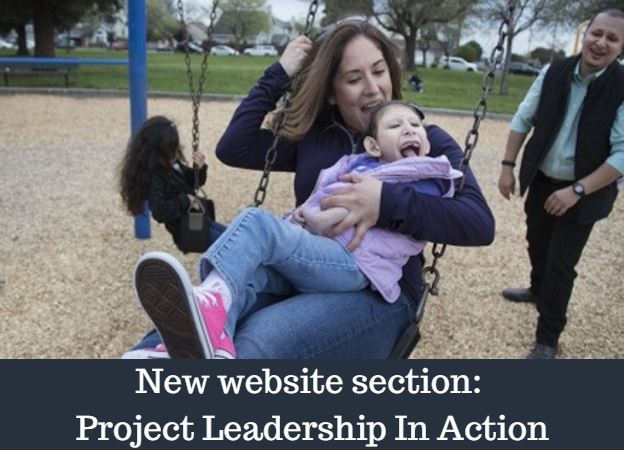

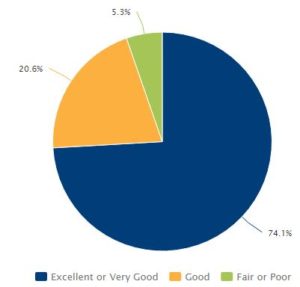
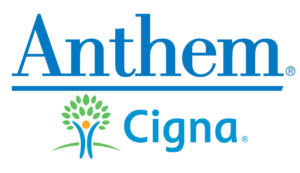
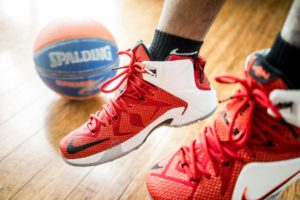




 By Alison Beier,
By Alison Beier, 








